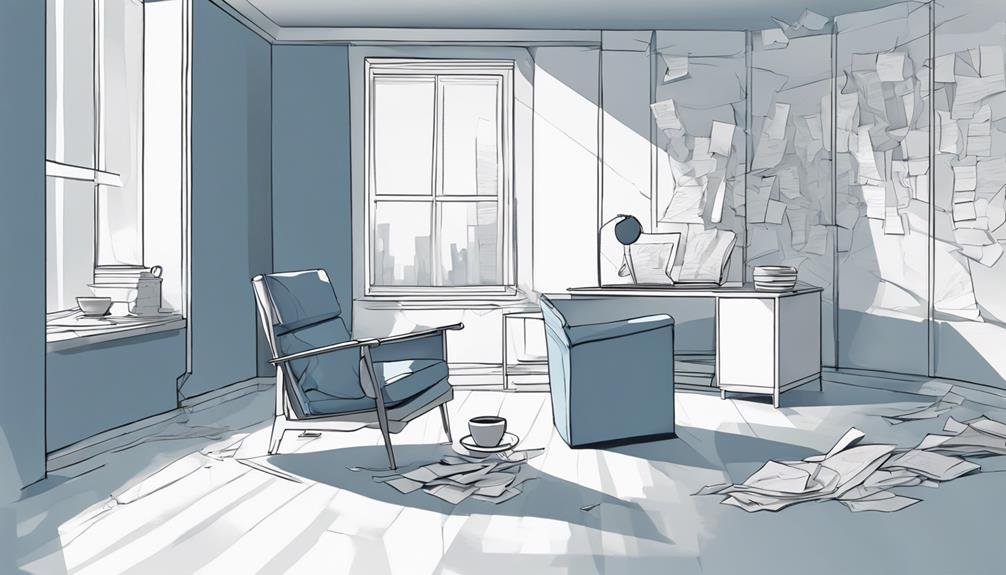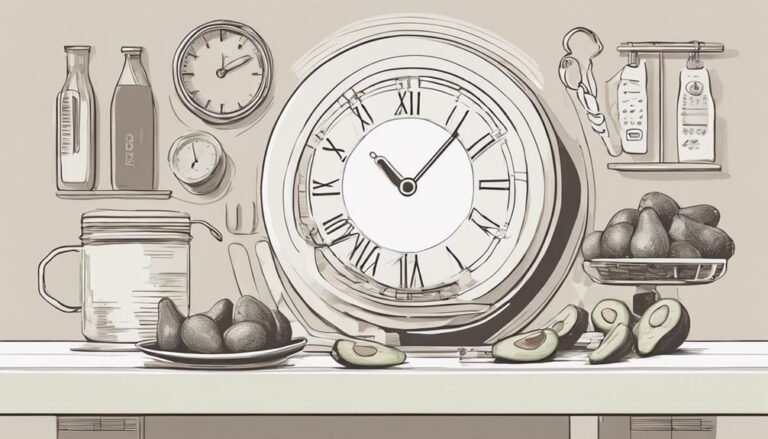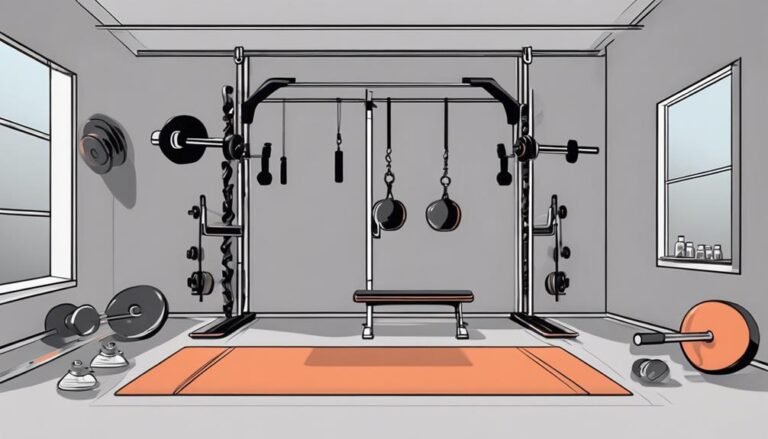3 Best Low Testosterone Signs for Men Over 40
If you're over 40, keep an eye out for these three signs of low testosterone. First, you might notice decreased energy levels; daily tasks can feel exhausting, and even motivation for exercise can dwindle. Next, look for reduced muscle mass; you may struggle with weightlifting and notice increased body fat. Finally, mood changes like irritability or anxiety can become more frequent, affecting your emotional stability and relationships. Recognizing these signs is essential for addressing hormonal imbalances, and there's more to uncover about managing these changes effectively.
Key Takeaways
- Decreased energy levels make daily tasks feel exhausting, signaling potential low testosterone.
- Reduced muscle mass and difficulty with weightlifting indicate a decline in testosterone levels.
- Mood changes, such as increased irritability and anxiety, can reflect hormonal imbalances.
- Increased body fat, alongside muscle loss, is a common sign of low testosterone in men over 40.
Decreased Energy Levels
Decreased energy levels are often one of the first signs that your testosterone might be dropping as you age. You might notice that everyday tasks feel more exhausting than they used to, and your motivation to engage in physical activities might wane.
This fatigue can affect not just your physical performance but also your mental sharpness, leaving you feeling sluggish and less focused. You may find it harder to get through the day without relying on caffeine or other stimulants.
It's crucial to pay attention to these changes; they could indicate an underlying issue. If you suspect low testosterone, it's a good idea to consult with a healthcare professional to explore your symptoms and discuss potential treatment options.
Reduced Muscle Mass
As energy levels drop, you might also notice a significant reduction in muscle mass, making it harder to maintain your strength and physique. This decline can be frustrating, especially if you've always prioritized fitness. Low testosterone levels can lead to muscle atrophy, which means your body's ability to build and retain muscle diminishes.
| Symptoms of Reduced Muscle Mass | Suggested Solutions |
|---|---|
| Difficulty lifting weights | Strength training |
| Increased body fat | Balanced diet |
| Fatigue during workouts | Regular exercise routine |
| Slower recovery time | Adequate rest and hydration |
Mood Changes and Irritability

Many men over 40 experience mood changes and irritability due to low testosterone levels affecting their emotional stability.
You might find yourself feeling more anxious, sad, or frustrated than usual, even over minor issues. These shifts can disrupt your daily life, affecting relationships and work performance.
You may notice that your patience wears thin, leading to conflicts with loved ones or colleagues. It's not uncommon to feel a lack of motivation or enthusiasm, making it hard to enjoy activities you once loved.
Recognizing these signs is essential, as they can signal an underlying hormonal imbalance. If you suspect low testosterone is the cause of your mood changes, consulting a healthcare professional can help you explore potential solutions.
Questions
What Lifestyle Changes Can Help Improve Testosterone Levels?
To improve testosterone levels, you can exercise regularly, maintain a balanced diet, manage stress, get enough sleep, and avoid excessive alcohol. These lifestyle changes can boost your overall health and hormone production effectively.
Are There Specific Foods That Boost Testosterone Production?
Think of your body as a garden, where certain foods can help your testosterone thrive. Incorporate zinc-rich foods like oysters, healthy fats from avocados, and leafy greens to nurture hormone production and cultivate energy.
How Does Sleep Affect Testosterone Levels in Men?
Sleep greatly affects testosterone levels in men. When you don't get enough quality sleep, your body struggles to produce ideal amounts of testosterone, leading to potential energy loss, mood changes, and reduced overall health.
What Role Does Stress Play in Testosterone Levels?
When it comes to stress, it can really throw a wrench in your testosterone levels. Chronic stress boosts cortisol, which negatively impacts testosterone production. You've gotta manage stress to keep your hormonal balance in check.
Can Testosterone Therapy Be Harmful for Older Men?
Testosterone therapy can have risks for older men, including increased chance of heart problems, sleep apnea, and prostate issues. It's crucial to consult your doctor to weigh the benefits against potential harms before starting treatment.
Conclusion
In the journey of life, low testosterone can feel like a dimming light, casting shadows on your energy.
If you're noticing decreased energy, reduced muscle mass, or mood swings, it's a signal that deserves attention.
Just like a garden needs the right nutrients to bloom, your body requires balance to thrive.
Don't ignore these signs; seek guidance and nurture your well-being.
Remember, even the mightiest oak began as a humble acorn, ready to grow into its full potential.







